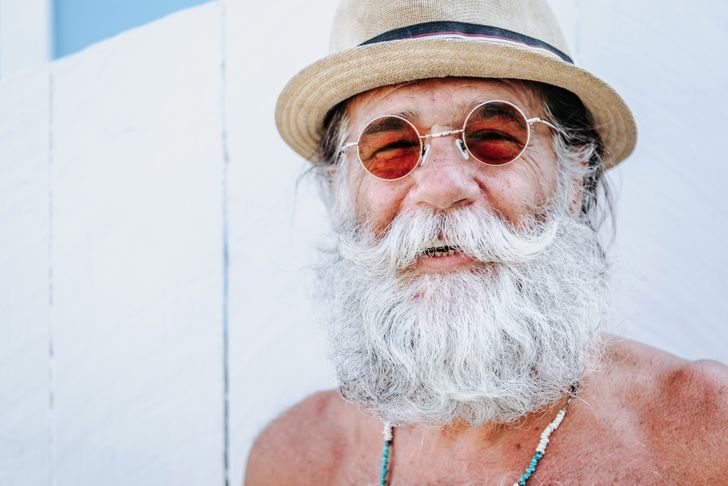At first, I have to say I was pretty scared.
My entire life, nothing had prompted me to want to ever take a history class or major in a social studies of any sorts. I'm still not sure as to why I decided to take this class, but going in, I remember feeling the stress of it in the air before I sat in my desk for the first time.
Most of my friends had gladly dodged this bullet by taking the course over the summer, but I had put myself in this position, in this classroom, because I figured it was worth noting the experience of being in a college-level history class. I wouldn't ever be able to anyway after high school — I simply had no interest.
Although most of my class shared the same feeling as I did towards the subject, my teacher was as enthusiastic about history as I was about the school's dismissal bell. Every day he would come in and lecture, ready to prepare us and eagerly spout information about the blossoming of ancient Egypt, how the ancient Chinese originally built ruins we see today, how religion formed and how we migrated as humans to live where we are today.
Every day he helped us understand the world we live in just a little more and just a little deeper. It was slow, but I have to admit that I began looking forward to attending his class.
For some reason, I was unaffected by the stress in the air for the first couple of months. I already understood how societies developed, how they fell and how they grew back. I understood the transition from humans being hunter-gatherers to becoming self-sufficient farmers. I understood the importance of trade for these ancient civilizations and the magnitude for the discovery of the Western hemisphere.
However, I couldn't understand how many great feats we were able to achieve back then and yet be where we are now: on the brink of a nuclear war, have high foreign diplomatic tensions and a rapidly worsening national debt.
How had we as a society built ourselves from clans with sticks and berries to be cosmopolitans of such unequal degrees today? Why is Africa starving? Why does the Middle East hate us so?
I suppose before taking this class, I felt that I had somewhat of an understanding of the history of the world — of us as humans. I knew empires and such existed; I remembered something along the lines of the existence of a "Triangular Trade" when we covered slavery and both World Wars were drilled into my head for being terrible events.
But now, I feel that I've become a new person. I used to have so much trust in who we, as people, used to be: we were hunters, we were caretakers, we were knights, slaves, pharaohs, explorers, nomads and farmers. We were...diverse and accepted the world and who we were in it.
Imagine how I felt when I was taught the opposite.
We weren't explorers. We were rapists and pillagers that took land without asking questions or permission. We weren't farmers either. We cut down land and trees carelessly to make room for ourselves, not caring about the environmental effects or the impact on wildlife.
The belief that the past built the foundations for the future of humanity was the biggest lie I've ever been taught, and it wasn't until taking this class when I realized that most of the problems I see today are because of our past, not our present.
For example, Africa is seen to be so underdeveloped and impoverished because the major powers of that time made it so. The "Scramble for Africa" was a movement brought about by European colonial powers to divide Africa among themselves in order to exploit them for their resources. As Europeans grew rich, Africans were left as inferiors, tasked to keep creating resources to fuel the factories and economy of the major powers.
When African states were finally granted freedom (in the late 1950s!), they were left shaping their own government and creating their own economies. They were left with boundaries for countries they had not drawn themselves, now within the same territories as rival tribes and clans. They were left with conflict and instability that is still seen today.
Both WWI and WWII could have been short wars, played over a few years with less causality as we know it had created today. However, it gained in magnitude and size because European nations formed alliances with each other, building tension and intensifying the war beyond anyone's belief.
The damaged economies after the first world war led to the massive rise in dictatorships: those who seemed to possess the ability to "fix" their country, leading to the eventual rise of Nazi Germany. The second world war would bring massive loss on both sides, massive famine, massive drafting and spread of disease after, creating a worse situation than before the war had begun — environmentally, socially and politically.
Most of our history is shaped on the foundation of instability, war and trying to survive each other rather than in the world we had lived in. We valued industry over the environment, economies over peasants and titles of power over freedom to the people and the lives they lived under such strict regimes.
We valued ourselves.
Today, our high tensions with Russia isn't because they supposedly were involved in our 2016 election but rather due to the Soviet Union's spread of communism and the Cold War that followed. A series of proxy wars and international competitions to prove that communism or a liberal democracy was better had drove deep wounds into both countries, setting the final blow on Russia with the collapse of the Soviet Union due to economic stress in trying to out preform the U.S.
The problems seen in the Middle East today isn't due to oil production, rather religious tension in the Shia v.s. Sunni divide that took place in the Islamic faith; feeding the current and ongoing Syrian Civil War. Slavery did not end with Abraham Lincoln's "Emancipation Proclamation;" in fact, many slaves continued to work on fields after because it was all they knew how to do.
In a way, I feel lied to growing up listening to how great Christopher Columbus was in "discovering America," and the founding of Thanksgiving, both of which had a more genocidal and cruel coming to light. Not only am I happy, but grateful that I decided to take AP World History because I am able to see the world with a new lens that's critical and analytical — one that no longer hides the truth behind why we are who we are today.
We have a bloodstained path, filled with cruelty and crimes against humanity, but it is our history.
Most importantly however, I am now able to know what we should and shouldn't be repeating in our world today that had occurred within our past. I can only hope others will find the courage to take this class, too, and be able to do the same.

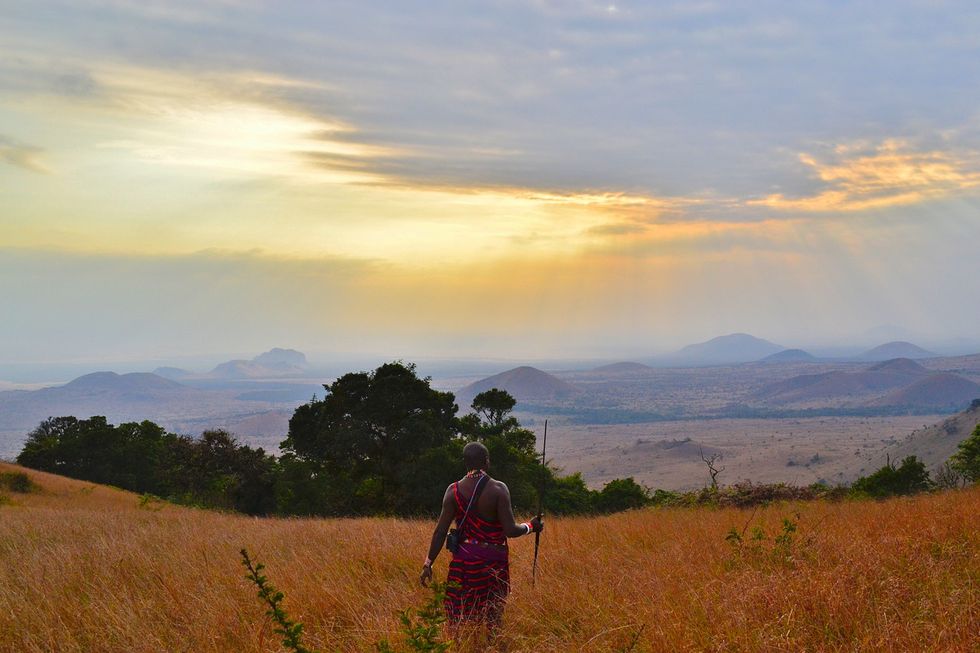
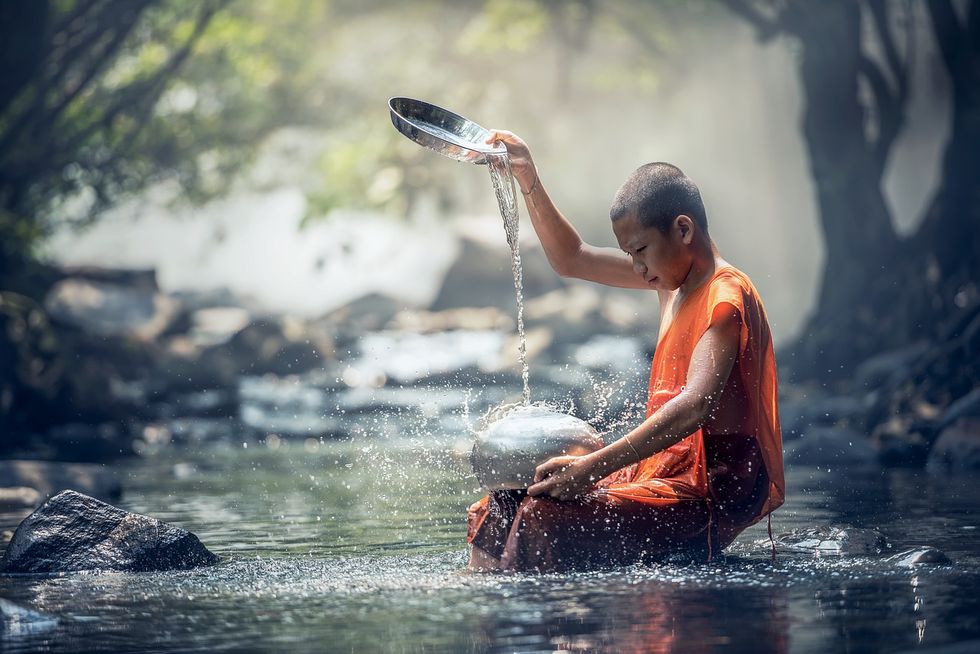
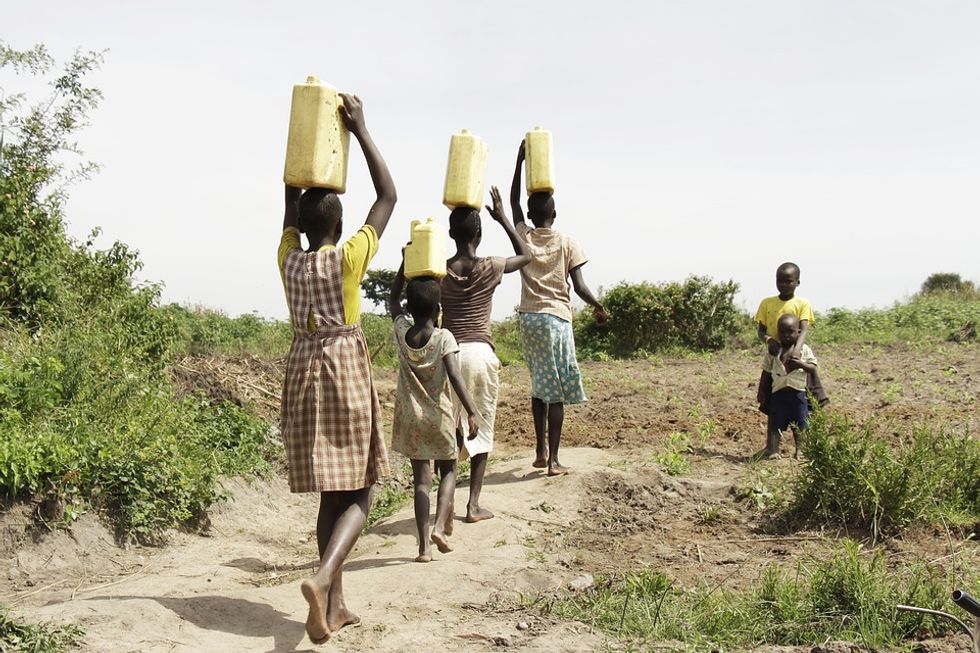
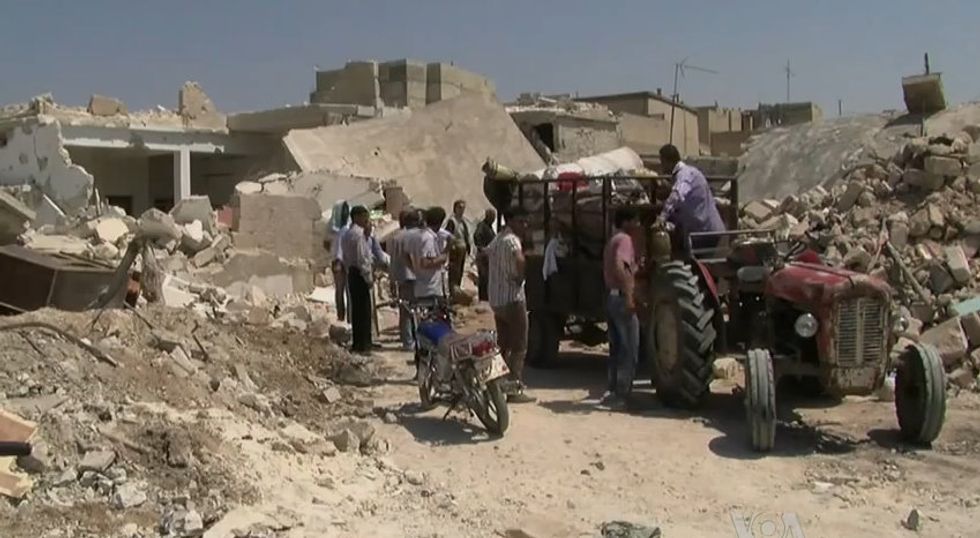

 Photo by
Photo by  Photo by
Photo by  Photo by
Photo by  Photo by
Photo by 


 people sitting on chair in front of computer
people sitting on chair in front of computer



 all stars lol GIF by Lifetime
all stars lol GIF by Lifetime two women talking while looking at laptop computerPhoto by
two women talking while looking at laptop computerPhoto by  shallow focus photography of two boys doing wacky facesPhoto by
shallow focus photography of two boys doing wacky facesPhoto by  happy birthday balloons with happy birthday textPhoto by
happy birthday balloons with happy birthday textPhoto by  itty-bitty living space." | The Genie shows Aladdin how… | Flickr
itty-bitty living space." | The Genie shows Aladdin how… | Flickr shallow focus photography of dog and catPhoto by
shallow focus photography of dog and catPhoto by  yellow Volkswagen van on roadPhoto by
yellow Volkswagen van on roadPhoto by  orange i have a crush on you neon light signagePhoto by
orange i have a crush on you neon light signagePhoto by  5 Tattoos Artist That Will Make You Want A Tattoo
5 Tattoos Artist That Will Make You Want A Tattoo woman biting pencil while sitting on chair in front of computer during daytimePhoto by
woman biting pencil while sitting on chair in front of computer during daytimePhoto by  a scrabbled wooden block spelling the word prizePhoto by
a scrabbled wooden block spelling the word prizePhoto by 
 StableDiffusion
StableDiffusion
 StableDiffusion
StableDiffusion
 StableDiffusion
StableDiffusion

 women sitting on rock near body of waterPhoto by
women sitting on rock near body of waterPhoto by 







